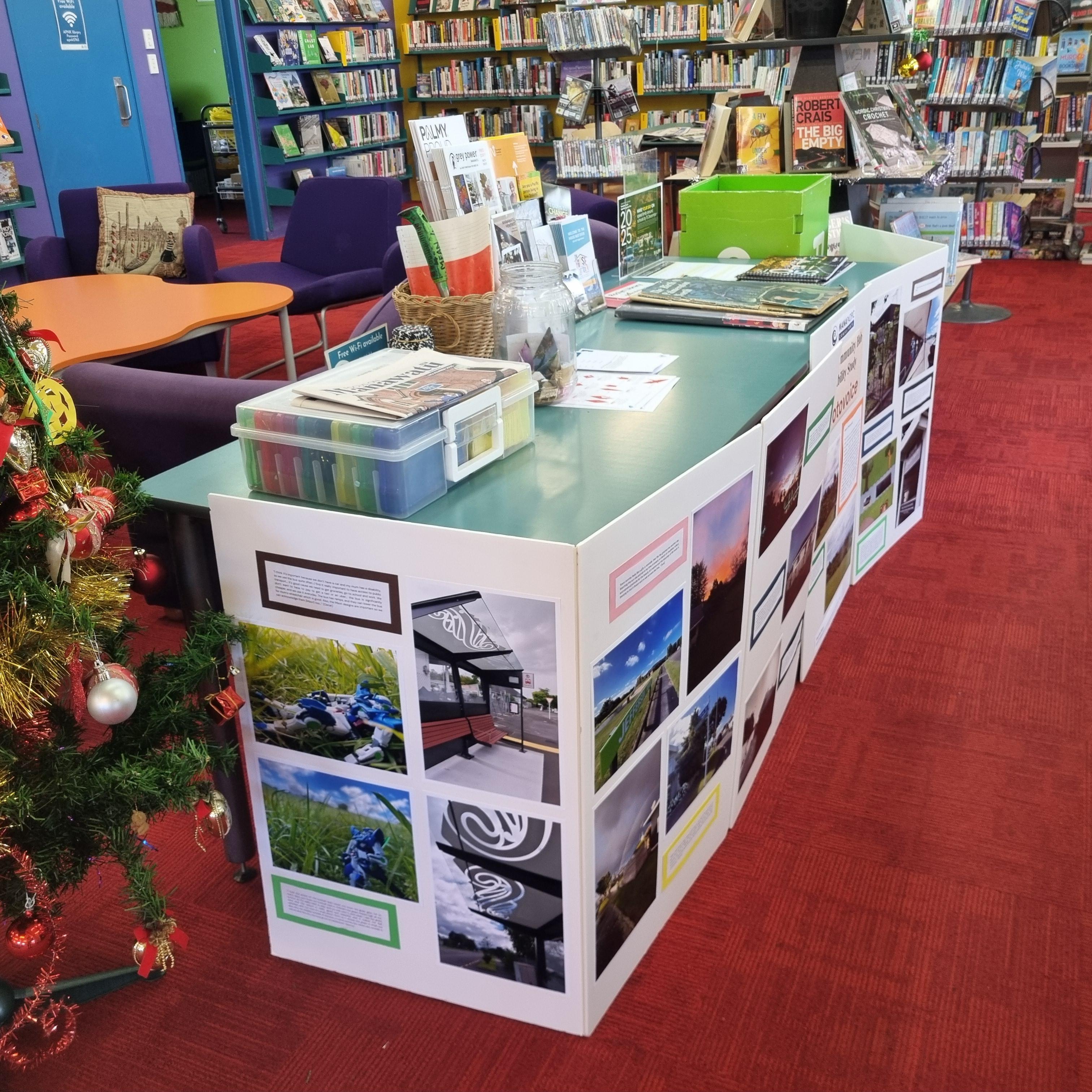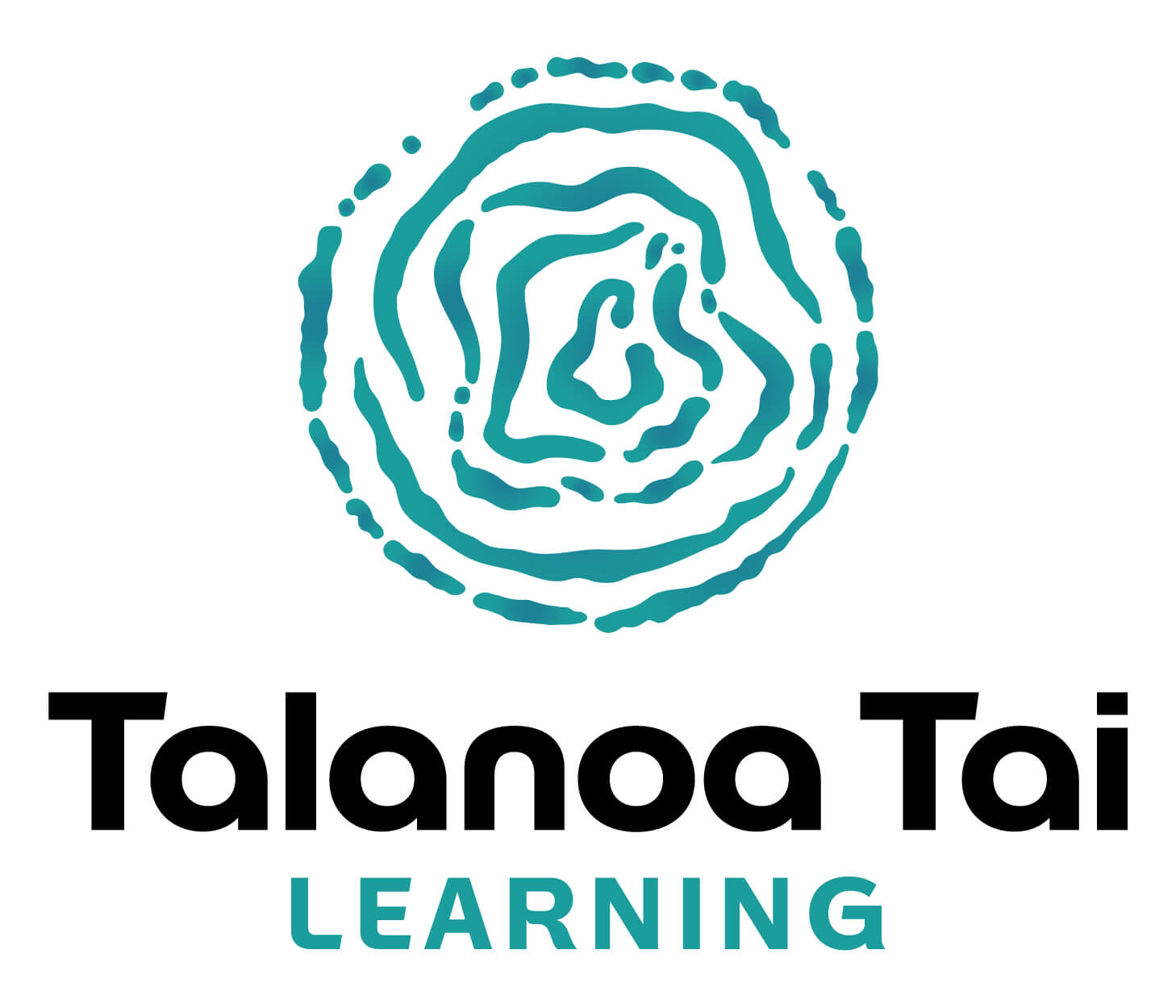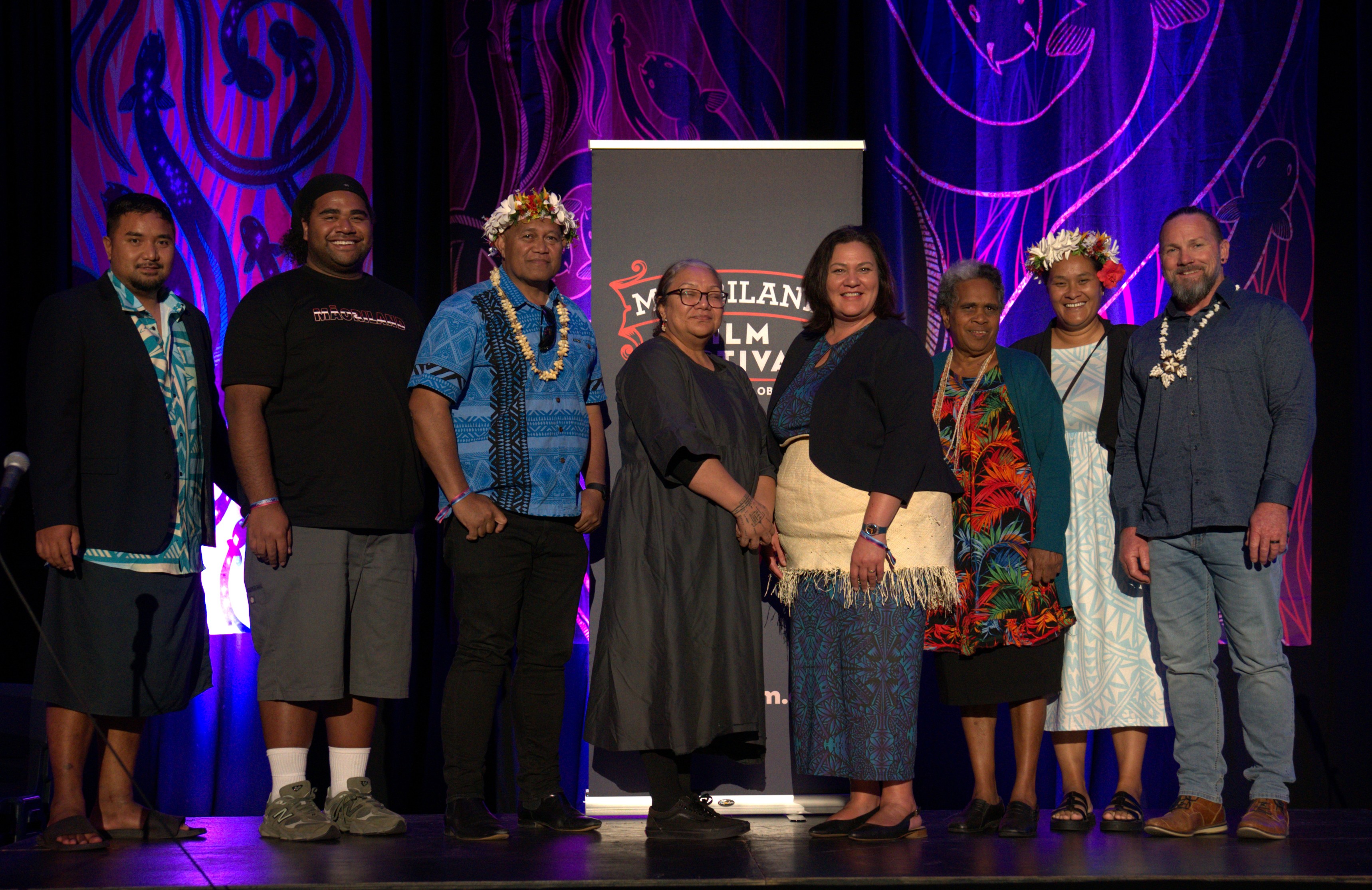Mana Pacific Consultants’ climate (im)mobility research team members from six Pacific nations draw learning from sharing their fieldwork findings and experience.
Building on the first workshop, research team members and some of the digital story creators from six Pacific nations gathered in Palmerston North, New Zealand, for a 3-day workshop in November 2023. The team had travelled to their home countries of Tuvalu, Tokelau, Kiribati, PNG, Solomon Islands, and Tonga to collect family stories. This second workshop was a deeper dive given researchers had gone “back home”, many with a film crew, and lived with their clan members/families as part of collecting their stories about climate (im)mobility. At this workshop, colleagues sought patterns of meaning from the fieldwork experience through a collective process. Colleagues appropriately began their reflections by sharing with the group what it meant to return home as a son/daughter. Deep reconnections to one’s paternal/maternal kinship and their (is)land and families were also shared. A common challenge for colleagues was the passage and access to their remote (is)land. Many had to battle the elements, traverse open seas and airways in not-so-large crafts through rough weather, and navigate clan/family dynamics during their stay in the village. By nature, pioneering Indigenous fieldwork in one’s own (is)land and families is highly complex and indelibly rich.
Making sense of the information and getting to the heart of the research through a collective storytelling process was pivotal for colleagues during the workshop. Dr Tracie Mafile’o (Co-founder of Mana Pacific and Workshop Lead) advised colleagues to use “their [families’] words as the foundation” and that “awareness of our own positionality is part of our reflexive practice.” Colleagues engaged in dialogue and sense-making, with Dr Michelle Redman-McLaren (found poetry expert) and Vea Mafile’o (film director) inputting to develop the creative process and writing with and to family voices.
The opportunities have shown themselves proportional to the challenges during this project. For one colleague, their village experiences an annual drought season and now their families consider them responsible to “bring water” and a long-term solution. Such trust and responsibility continue to drive colleagues forward in this project. Their families’ exact words and intended meanings must be the foundation for this collective storytelling process. Dr Tracie Mafile’o affirms, “It has to resonate and represent the lives and perspectives of those we’ve spoken with.” The research team left the workshop ready to further develop their written and digital stories.

For more information about the Climate Change Programme this sits within, see this short backgrounder on the Ministry of Foreign Affairs and Trade website.

[The storytelling process] has to resonate and represent the lives and perspectives of those we’ve spoken with.



